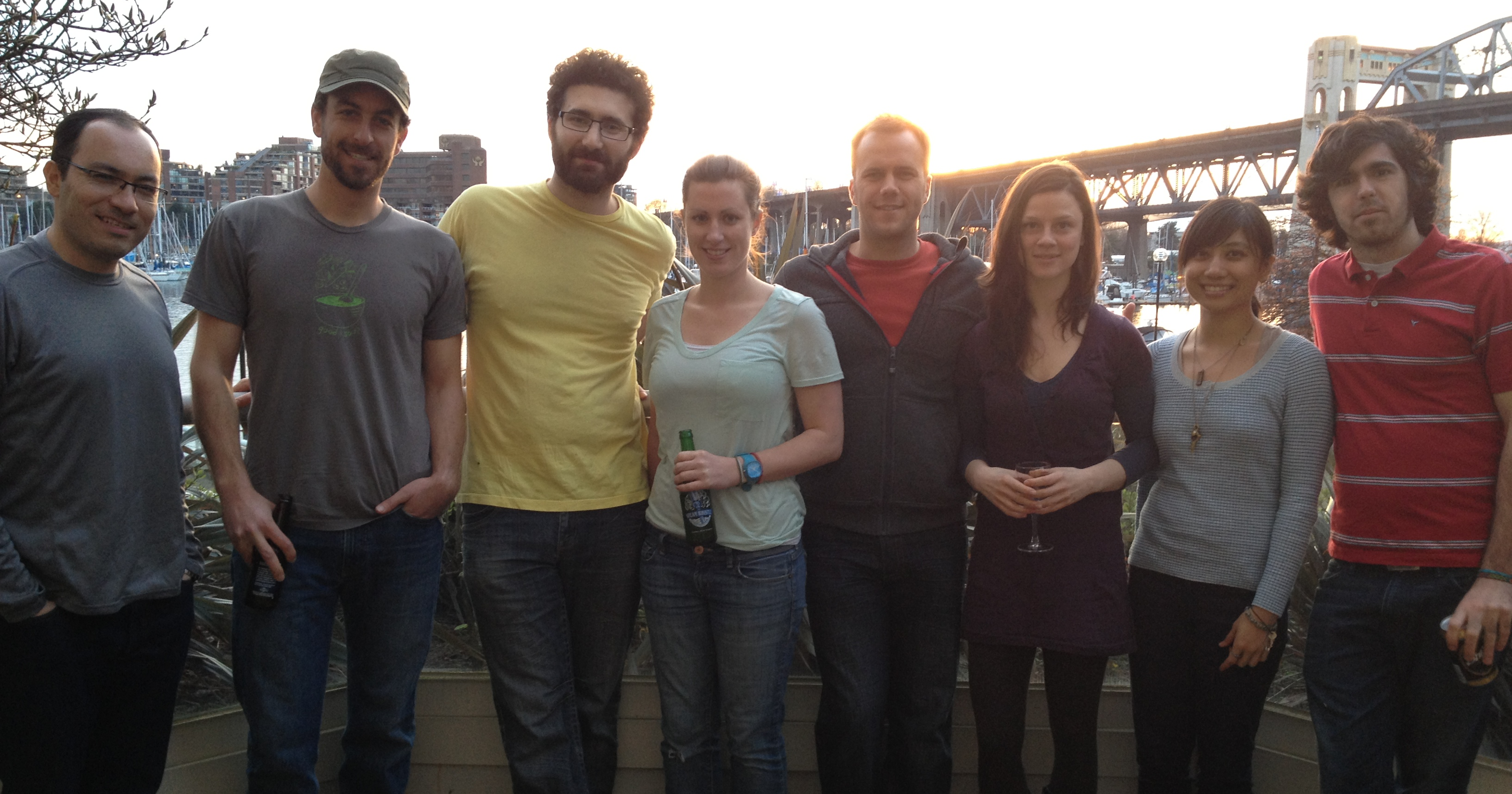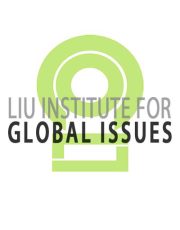Should a rainforest be left alone when it could be farmed to feed hungry people? Is it possible to alleviate poverty without exploiting natural resources? Though conservation and economic development have traditionally been at odds with one another, in recent years many national and international programs have emerged to attempt to achieve both goals together. On a larger scale this could mean a company pays a landowner to conserve a forest for the carbon it stores, or more locally it may mean rewarding sustainable land use practices (eg. bird friendly coffee) with certified products that can be sold at a premium. We get many things from nature for “free”, such as water filtration, pollination, carbon storage, and these incentive programs are looking at how to incorporate their value in decision making. It is a complex ecological and politically charged landscape, but these are the themes I’m exploring in my PhD, which I began in September 2011. Co-supervised by Kai Chan and Mark Johnson, my project will expand upon work I’dbeen doing at the United Nations Environment Program and Columbia’s Earth Institute for the past several years, and which was presented at International Congress for Conservation Biology in Auckland, New Zealand this past December, the Student Conference in Conservation Science at Cambridge University in March, and the Ecological Society of America in Portland in August.
Like many RMES students, I have a diverse background and diverse interests. Equally passionate about science and how it is communicated/used to influence policy, this fall I am joining TerreWEB, a UBC program that brings together students who are linked by their mutual study of global change, and trains them to become better communicators of science. I’m also on the editorial team for INK, a student run journal of interdisciplinary study, and for the past two summers has been a lecturer to highschool students in the arctic about global ecological issues. It is with some of these same students I attended Rio +20 in Brazil this summer, as an advisor/mentor while they advocated for polar issues. As one of the themes of this landmark summit was “growing a green economy”, it was a chance to explore the policy dimensions of my research, while also supporting the next generation of scientists and environmental advocates.



